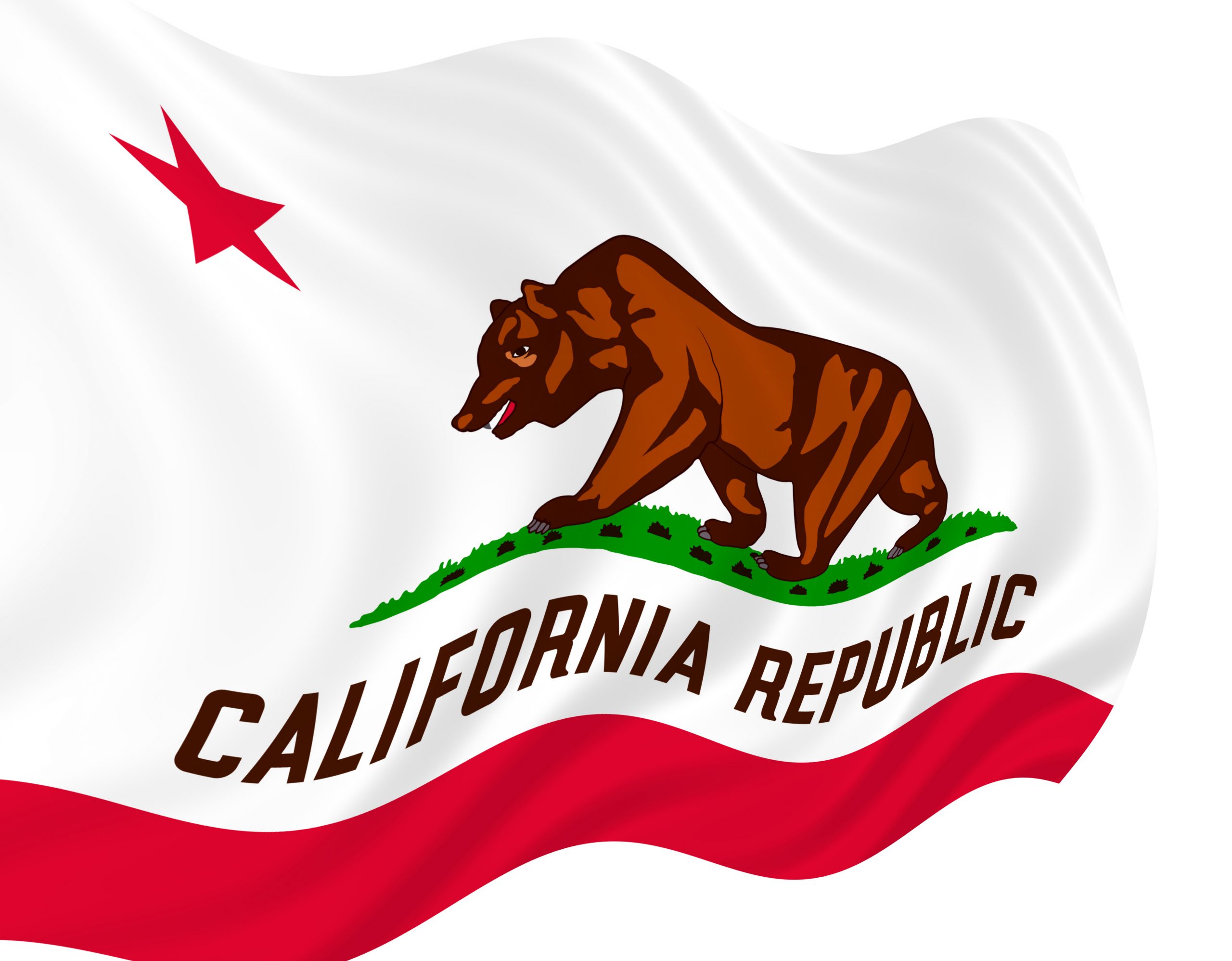Regular Right by the Bay readers know that I have written often about the Legislature’s efforts in recent years to change California’s elections rules for political advantage.
The latest of these is a bill enacted in the final weeks of the most important California presidential primary in decades that could have a huge impact on this year’s election results – both good and bad.
Senate Bill 207, authored by Democratic Sen. Melissa Hurtado and signed into law by Gov. Newsom on Feb. 13, allows voters to change their political party or their residential address for voting without actually having to go through the process of re-registering to vote. Previously, one had to actually file a new voter registration form to change.
Supporters say the bill will streamline the process in the first presidential election where the state’s new same-day voter registration process will be in effect. Absent this change, voters who wished to switch their party or address would have to register and vote conditionally at their polling place, potentially leading to big lines and long waits.
The bill’s positive impact is that it could finally put California in the driver’s seat of deciding the outcome of the Democratic presidential race. For years, supporters of moving up California’s presidential primary from June to March said the change would allow the Golden State to play kingmaker in the presidential nominating process, but to no avail. This year, however, it’s finally happening on the Democratic side, and No Party Preference voters could make the difference.
In the latest poll from Capitol Weekly, Bernie Sanders led among California Democrats with 31 percent, followed by Elizabeth Warren with 16 percent, Pete Buttigieg with 14 percent, Michael Bloomberg with 13 percent, and Joe Biden with 11 percent.
But things are much tighter among No Party Preference voters who intend to cast a Democratic ballot. It’s a close race – with Sanders in first at 20 percent, Buttigieg at 16%, and Warren and Bloomberg tied for third at 14 percent.
With nearly 360,000 No Party Preference voters having already requested a Democratic ballot according to political data expert Paul Mitchell – this new state law could upend the race for the White House and potentially sway the California outcome in favor of a less liberal candidate.
But the bill’s unintended consequences could have a far more negative impact as it increases the ability for electoral mischief.
Every election cycle now brings talk of informal campaigns to encourage voters of one party to try and influence the outcome of the other party’s primary. Most notably, Republicans were encouraged to vote for Gray Davis in the 1998 gubernatorial primary as the weakest Democrat in the field. He handily won the primary and ended up winning in a landslide in November.
SB 207 could make it easier to fuel more of this inter-party mischief in 2020 , whether it be Republicans voting for Bernie Sanders as the supposed weakest general election candidate, or Democrats voting for Donald Trump’s primary opponents to try and show a sign of weakness for the incumbent president.
It could also cause mischief in this year’s battleground elections. Now that SB 207 is law, what’s to stop college students who call their parents’ house in the Bay Area home, but who are attending college in San Diego, Orange County, San Luis Obispo or the Antelope Valley in the fall and spring, from availing themselves of the new law’s provisions to change their residence address? Might thi tip the scales in what will be very close elections this November?
Political observers will surely watch the impact of SB 207 on the March presidential primary with great interest. But voters should view with skepticism this latest effort by Sacramento politicians to put their thumb on the scale by changing the rules at the last minute.
Tim Anaya is the Pacific Research Institute’s senior director of communications and the Sacramento office.

